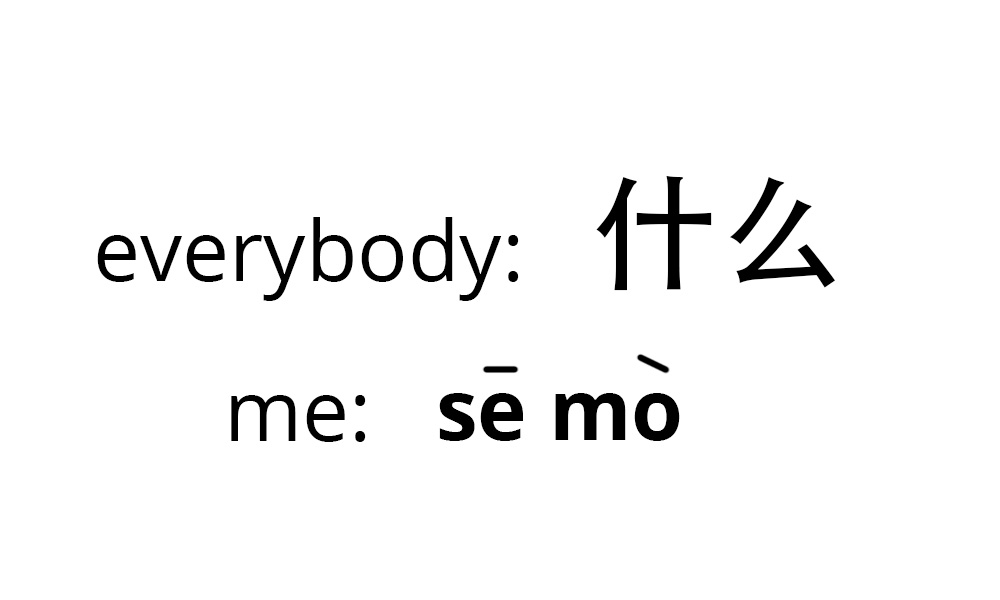I’m currently travelling the UK and I was in the northern part of England recently.
If you know the UK, the accents vary much more at much lesser distance, unlike in the US or Canada where there’s more homogeneity.
As I got off the train one hour north from London, I could hear a slight difference in accents.
But it wasn’t until I got to Sheffield that the accents started to change even more.
And even more as I travelled further north in England.
AirBnB host taught me a lesson
My AirBnB host lived in Sheffield for most of his life, but was born in London.
He told me at an early age, his father told him sternly to never speak like the locals there.
He later explained that having a northern accent might make southern people think he’s “thick”, as he put it.
It’s pretty interesting.
My Singaporean Chinese Mandarin accent
I certainly do and I am well aware of it when I speak Chinese.
I have a Singaporean accent and it generally sounds like a typical southern Chinese (Mandarin) accent, where we omit the pronunciations of the “h” in “zh”, “ch”, etc.
Frankly, it’s a very efficient way to speak. Everyone who is proficient in Chinese will understand it.
Think of the following tongue twister:
四是四,十是十,十四是十四,四十是四十。
It really isn’t a tongue twister if you have a southern accent.
Of course, having a Singaporean Chinese accent also invites some influences from dialects. For example, when I pronounce 油 (pinyin: you3), I pronounce it like (yiu3).
These are some significant differences from the average southern Chinese accent that I have observed.
What do people think?
I am not entirely sure of what people think about my accent when they hear it. I don’t know what kind of qualities or attributes they put upon me when they hear my accent.
The Sheffield guy said that by the time he went to university, he had a full-blown northern accent. He went to London for university and I think he lost it there because, when I stayed with him, he sounded really southern.
When mainland Chinese people hear my accent, though, they believe that I am Cantonese or Taiwanese. I am not entirely sure what Taiwanese people think when they hear my accent but I am going to hazard that they can tell the difference between our accents, despite similarities.
My understanding of Chinese accents
China has a lot of accents. Taiwan also has a few accents.
A lot of it is being homogenized by mass media and education, but if you go outside of the city centres, you can find many different accents.
I remember when I was in Xiamen taking a taxi, the driver was from some inland province and I absolutely couldn’t understand what he was saying.
I wonder if there’s “mainstream” accents and “non-mainstream” accents.
For example, I’d say that my southern Chinese accent is a mainstream accent. Almost any native speaker will be able to understand it without any challenge.
But the taxi driver’s accent would be non-mainstream. Along with a laowai accent, for example.
An accent, an identity
I’m keen on exploring what an accent says about myself when perceived by other Chinese people.
If your accent is different from mine, then it might carry different connotations, but I believe these points will remain true for every one:
My accent localizes me
Yep, every time I speak, native Chinese speakers can generally tell what kind of Chinese I am.
Because I can speak “fluently” (i.e. 哇你说的中文很好呀!), people generally don’t think I speak Chinese as second language.
They just know I am not mainland Chinese, especially when combined different ways of saying/referring to things.
My accent gives me identity
I believe that people try to find some form of reference early on to get an understanding of strangers.
That’s perhaps what happened to the Sheffield dude, who, out of shame, decided to modify his accent.
So, when people here a northeastern Chinese accent from someone, they immediately think of all the stereotypes that go along with people from that region.
Same here with me. They hear my accent and they size me up.
When people get a sense that I am overseas Chinese, they get interested in my life. Singaporeans are quite rare in the world, after all.
Among Chinese people, it’s also a desirable place to go. All the better.
People speak more formally when they talk to me
Upon hearing my accent, they know I am foreign, or at least, not from the same region as them.
Thus, generally people try to use less regional ways of speech. They would adjust their choices of phrases and words for something more international.
Of course, that does depend. It does take some effort and experience in Chinese to be able to speak “internationally”.

Leave a Reply